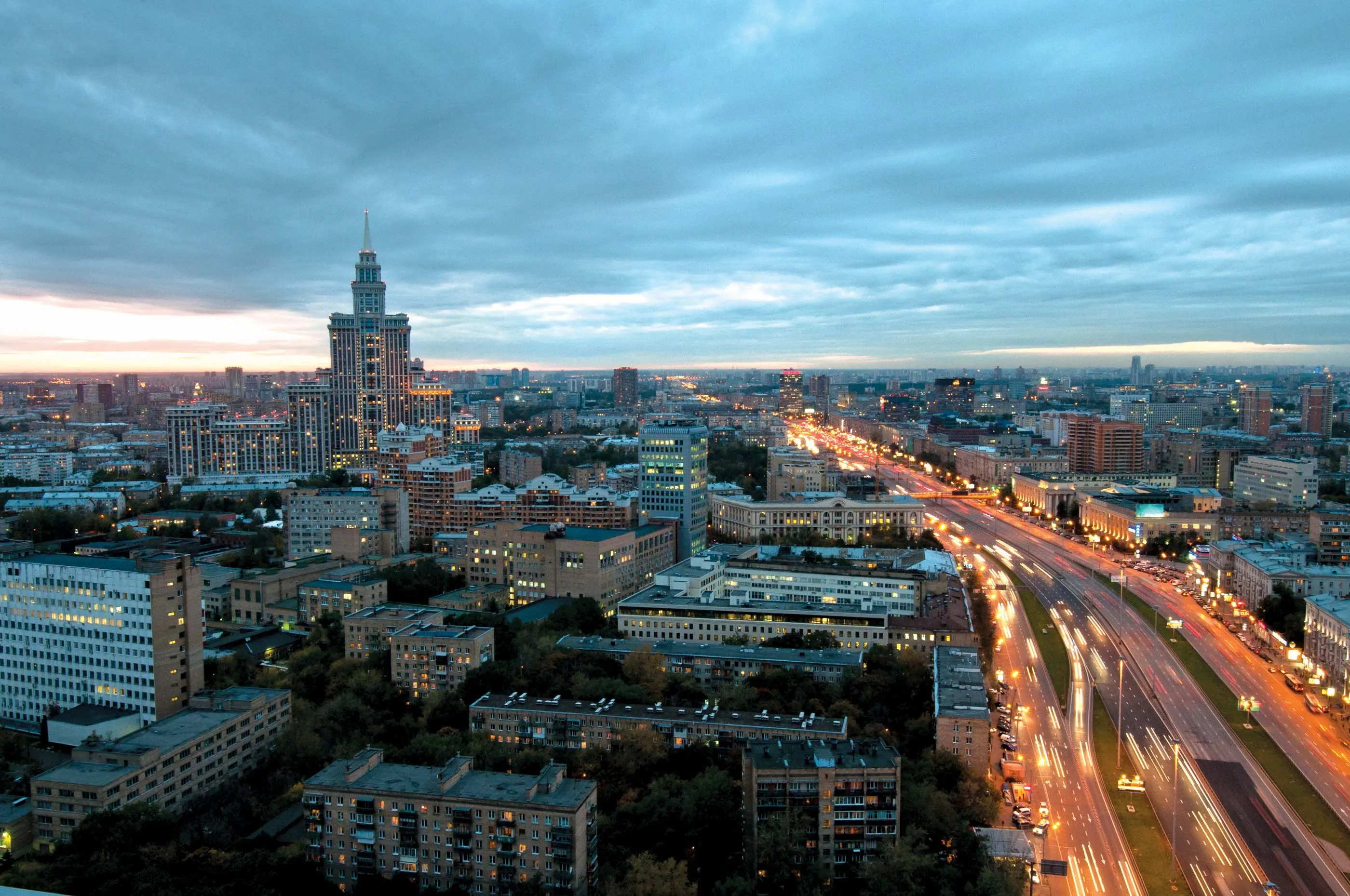The cost of Chile’s Vespucio Oriente highway project is increasing, while its completion also looks set to be delayed. A 13% budget increase is now required due to additional costs from a number of factors such as urban landscaping, according to Business News Americas. The Américo Vespucio Oriente (AVO) expressway is being built in Chilean capital Santiago and was originally expected to cost in the region of US$940 million. However Chile’s Public Works Ministry, MOP, has said that the route will now cost so
November 15, 2013
Read time: 3 mins
The cost of Chile’s Vespucio Oriente highway project is increasing, while its completion also looks set to be delayed. A 13% budget increase is now required due to additional costs from a number of factors such as urban landscaping, according to Business News Americas. The Américo Vespucio Oriente (AVO) expressway is being built in Chilean capital Santiago and was originally expected to cost in the region of US$940 million. However Chile’s Public Works Ministry, MOP, has said that the route will now cost some $1.06 billion. The project is for a 40-year concession package that includes building and operating a 9.3km underground expressway through Santiago. The route runs from El Salto Avenue to Príncipe de Gales Avenue, under the existing Américo Vespucio beltway. Because of the route, the project will be both complex and challenging and MOP also said that firms or joint ventures interested in participating in the tender will now have until December 30th 2013 to submit technical bids, compared to the previous deadline of November 22nd 2013. The ministry will then announce the economic proposals for the concession on January 20th 2014.
The new AVO route will be built on two levels, each one carrying a one-way, three-lane expressway. Road capacity will increase to 8,000 vehicles/hour. The project is required as Santiago suffers chronic congestion, particularly at peak periods. The authorities split the long-delayed AVO tender in two, given the complexity of the project, which will run through five municipalities in eastern Santiago. The new AVO route will provide the missing link in the city's beltway and was originally intended to run underground for 13km, joining El Salto with Grecia Avenue. However, this plan attracted strong protests from residents of the La Reina and Peñalolén districts. The968 Chilean Government opted to split the project and call a tender only for the first 9.3km stretch. However in March 2014 Chile will have a new election and responsibility for the project will then be passed to whichever party wins. Opposition candidate for the presidency, Michelle Bachelet, has previously said she opposed the splitting of the tender and this could further add to the wrangling over the project, as well as adding additional delays.
The new AVO route will be built on two levels, each one carrying a one-way, three-lane expressway. Road capacity will increase to 8,000 vehicles/hour. The project is required as Santiago suffers chronic congestion, particularly at peak periods. The authorities split the long-delayed AVO tender in two, given the complexity of the project, which will run through five municipalities in eastern Santiago. The new AVO route will provide the missing link in the city's beltway and was originally intended to run underground for 13km, joining El Salto with Grecia Avenue. However, this plan attracted strong protests from residents of the La Reina and Peñalolén districts. The







